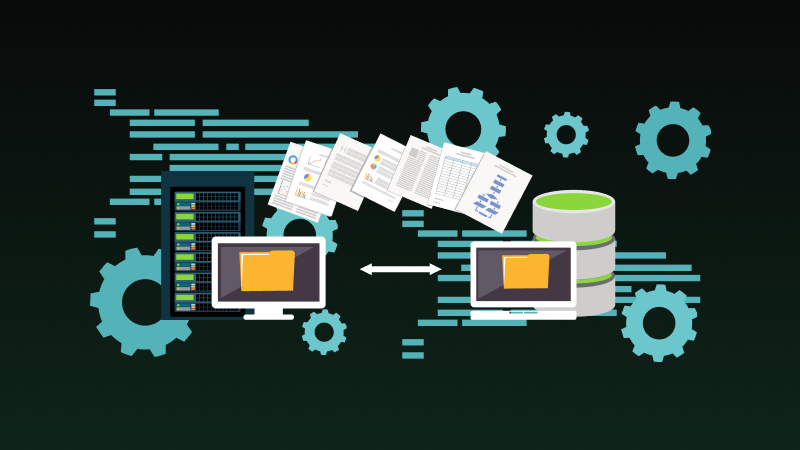ISO 20022 introduces a common language for global financial transactions and supports richer data exchanges, promising businesses a more streamlined and transparent process. For companies handling B2B payments, understanding and adopting ISO 20022 is no longer a luxury—it’s becoming a necessity.
What is ISO 20022?
ISO 20022 is a globally accepted standard for financial messaging. It provides a more flexible and comprehensive way to exchange payment information. ISO 20022 allows for better interoperability between financial institutions, improving communication across borders and systems. Instead of fragmented and inconsistent data, ISO 20022 uses XML-based formats that support structured data, ensuring every payment carries rich and detailed information.
How does it work?
Financial messages, such as payment instructions, reports, or remittance information, are formatted using standardized structures.
The standardized formatting allows for a smoother flow of information between banks, businesses, and payment systems, reducing errors and delays that were more common under previous standards.
Migration timelines for ISO 20022
The global migration to ISO 20022 is underway but is a phased process. SWIFT, the global provider of secure financial messaging services, has set a roadmap for the transition. By November 2025, all major currencies will have adopted ISO 20022 for cross-border payments.
Here are key dates to keep in mind:
- March 2025: The USD Federal Reserve will fully adopt ISO 20022 for real-time payments, following a phased approach starting in 2023.
- November 2025: Full migration for cross-border payments across all major currencies.
The benefits of ISO 20022
Introducing ISO 20022 benefits businesses, financial institutions, and customers. Its advantages include:
- Enhanced transparency: The structured data format allows for greater payment transparency. Businesses can now track payments in real time and understand every transaction step, from initiation to completion. The increased visibility can help reduce disputes and improve reconciliation processes.
- Improved compliance: ISO 20022 facilitates compliance with regulations, such as anti-money laundering (AML) and sanctions screening. The standard provides more precise information in payment messages, reducing false positives and helping financial institutions meet regulatory obligations.
- Better data quality: ISO 20022’s rich data structure means companies can access more detailed information about each transaction for better analytics, which can help businesses make informed decisions about their financial operations.
- Interoperability: ISO 20022 allows businesses to operate more seamlessly across different markets. The standard provides smooth integration with various payment systems worldwide, eliminating the need for multiple formats or workarounds.
Why you should adopt ISO 20022
For businesses involved in B2B transactions, adopting ISO 20022 isn’t just about compliance—it’s about staying competitive. The benefits are clear: greater transparency, improved efficiency, and enhanced customer experience. However, there are additional reasons why businesses should consider switching sooner rather than later.
- Reduce operational costs: ISO 20022’s structured nature reduces errors and the need for manual intervention. Businesses can streamline their payment processes, reducing the time and resources spent on transaction investigations or corrections.
- Boost customer satisfaction: With ISO 20022, businesses can offer faster, more transparent payment processes. Customers will appreciate the ability to track their payments and the reduced likelihood of errors or delays.
- Leverage rich data: The detailed data structure of ISO 20022 opens up new possibilities for analytics. Businesses can use this data to gain insights into customer behavior, optimize their financial strategies, and develop new services based on the information they gather.
The future of payments through ISO 20022
ISO 20022’s ability to support real-time payments and cross-border transactions makes it a powerful tool for businesses looking to expand their global operations. As more financial institutions adopt the standard, we’ll likely see faster, more efficient payment processes that benefit businesses and consumers.
One of the most significant changes ISO 20022 will bring is the potential for real-time cross-border payments. International transactions can take days to process, with various intermediaries involved. With ISO 20022, businesses can expect near-instant cross-border payments, reducing delays and boosting global commerce.
Additionally, automation will become more prevalent as ISO 20022 enables straight-through processing. The rich data format allows for better integration with automation tools, reducing the need for manual intervention and human error.
As global migration continues, businesses must prepare now. ISO 20022 is building the future of payments, and those who embrace it will be well-positioned to thrive in the next phase of global finance.

